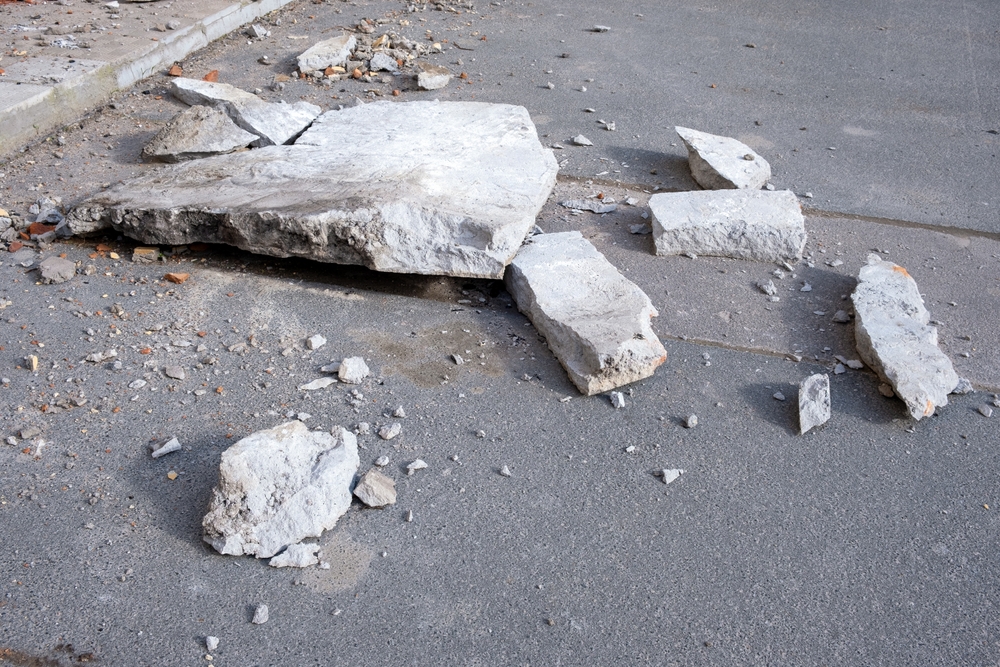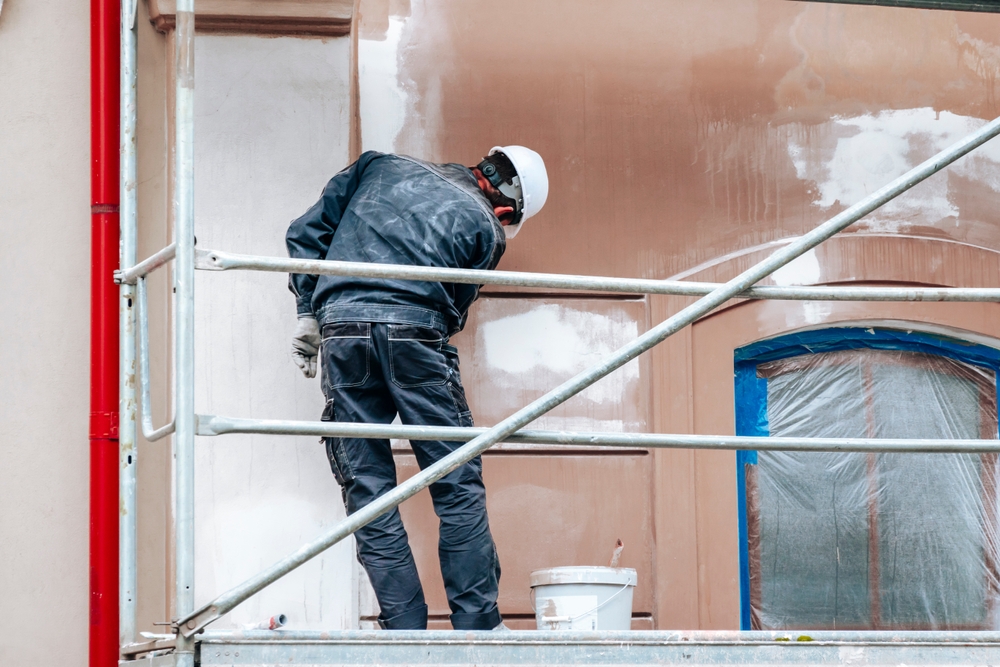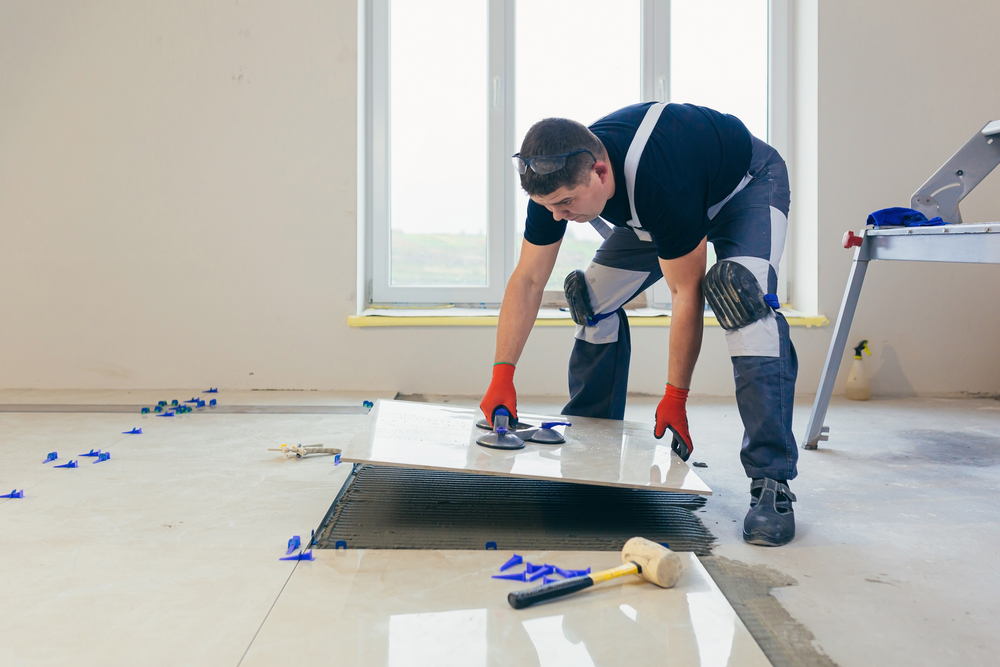Flood Clean-Up Using a Roll-Off Dumpster
Just like every other disaster, a home flood can be traumatic. Flooding and flood cleanup can cause mental distress, physical damage, and financial damage. The primary focus is on how to recover from such an experience. And these are the steps you should take if you are a victim of this disasterConduct a proper inspection of the house
Do not return to the home in the dark. If the flood happened in the night, find a place to sleep for the night and go back during the day. To conduct an adequate inspection, you need daylight. It is dangerous to turn on light or any electrical appliance to prevent electrocution. Use battery-charged flashlights. Check for all damages in all areas of the house. If power is on, turn it off with a dry non-conductor of electricity. Open windows to allow for proper ventilation. Do not go in without appropriate footwear to prevent contamination if mold is present. Watch out for signs of gas leak through smell. Close all gas valves and allow the house to be ventilated before you begin work in the place.Separate damaged items from the undamaged items
Go around the house and rescue some things. Some of these items might be too damaged to be recovered and should be disposed of. Old furniture and ruined appliances should be gathered and disposed of as soon as possible. Relocate undamaged items temporarily to prevent contamination and rust. Discard spoilt food. Do a thorough check of your food items to avoid the intake of contaminated food and water.Contact insurance
Inform your insurance company about the flood issue. Flood insurance covers home flood cases.Repair damages
It is time to rebuild and renovate your home. Close wall patches, and raise the floor if possible, to prevent further cases of a flood. Look out for the causal agent of the flood. Inspect your water supply and plumbing system and repair any damages found.Deep clean
If an electrician has verified that using electricity is safe, use a wet-dry vacuum cleaner and dry out your house. It is advisable to wear rubber boots for your protection. If the electrician says it’d not be safe to use electricity, then use a generator-powered vacuum to dry out the house—open windows and doors for adequate ventilation. Make use of dehumidifiers and fans to blow out the rooms. Prevent water from outside from getting in. clean up every drainage passageway to prevent sewage from blocking water flow. Use a broom to sweep every corner of the house to clear every remaining debris and specks of dirt. Carpet and rugs should be cleaned appropriately to prevent lasting stains, and be washed if possible.Rent a Dumpster
You do not want to sort the waste yourself, so rent a roll-off dumpster service to take out your trash which should include old furniture, ruined food items, damaged appliances, home items, and materials. Residential dumpster rental services are affordable, reliable, and more knowledgeable about sorting hazardous and non-hazardous substances (debris).Replace damaged items
Buy and replace lost items gradually to recover fully from flood loss.RECENT BLOGS
Our Reviews
Glenda Lanier Prowell
1721758635
I have ordered an 11 yard dumpster to be delivered to my house.Lonier was extremely helpful and answered all my questions. The rate was very reasonable.
Cedric Smikle
1721660395
Amber was extremely professional and courteous. She answered all of my questions and even some that I didn’t know I needed to ask.
Cait Kaider
1721243051
I highly recommend Waste Removal USA for their responsiveness and how the staff work hard to provide exceptional customer service. They have done well by us and our clients. Thank you!
Easom Family
1721223306
Louiner Pierre-Louis Is awesome! Did a great job. Will definitely be using this same company for all my dumpster needs because of his awesome customer service! Thank you!!!
tabitha Vazquez
1720539988
Wonderful and fast customer service!
LATEST BLOGS





